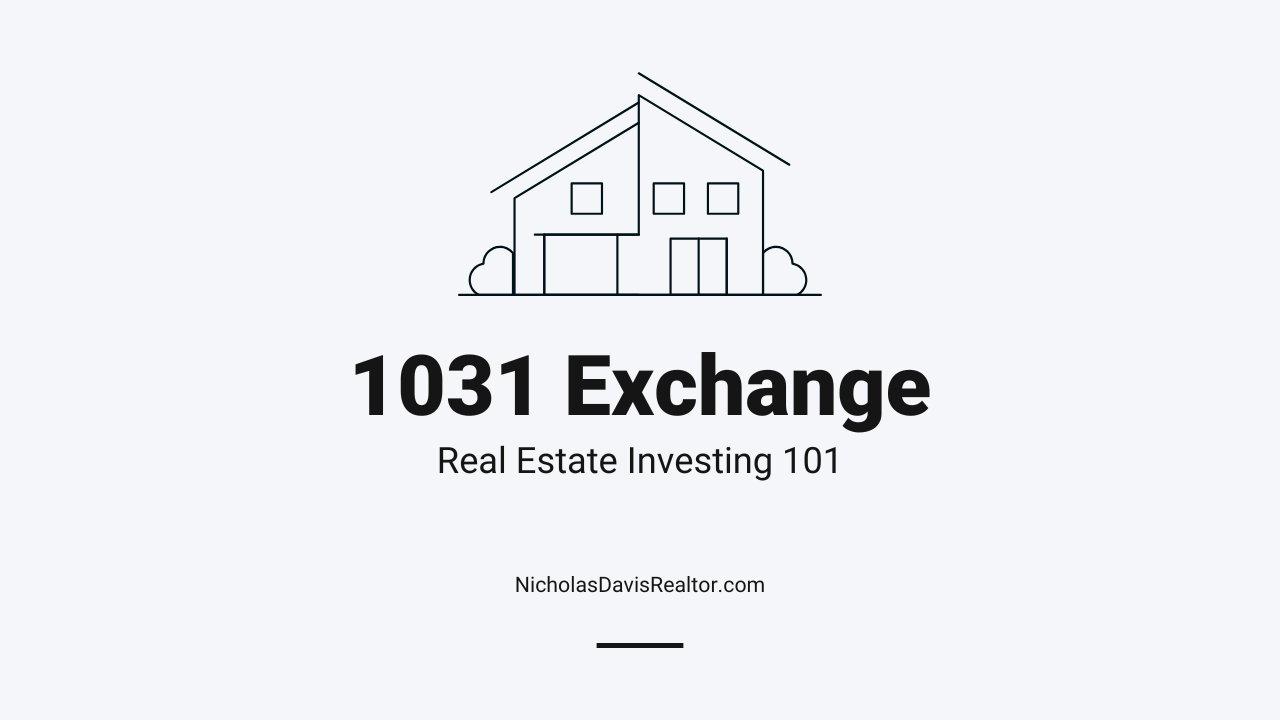For real estate investors looking to grow their portfolios while deferring taxes, the 1031 Exchange is a powerful tool. This strategy, named after Section 1031 of the Internal Revenue Code, allows investors to sell a property and reinvest the proceeds into another, all while deferring capital gains taxes. Let’s explore how it works and why it’s a game-changer for savvy investors.
What is a 1031 Exchange?
A 1031 Exchange, also known as a like-kind exchange, allows you to defer paying capital gains taxes when you sell an investment property and reinvest the proceeds into another property of equal or greater value.
Key Requirements for a 1031 Exchange:
- Investment or Business Properties Only: The properties involved must be for investment or business purposes—not personal use.
- Like-Kind Properties: The properties must be of similar nature, but not necessarily the same type. For example, you can exchange a residential rental property for a commercial property.
- Strict Timelines:
- 45 Days: Identify potential replacement properties within 45 days of selling your property.
- 180 Days: Complete the purchase of the replacement property within 180 days of the sale.
- Qualified Intermediary: A neutral third party must facilitate the exchange to comply with IRS rules.
Benefits of a 1031 Exchange:
- Tax Deferral: Defer capital gains taxes, allowing you to reinvest more of your money.
- Portfolio Growth: Leverage tax savings to upgrade to larger or more profitable properties.
- Wealth Preservation: Use the deferred taxes to build long-term wealth and pass on assets to heirs.
Example Scenario:
You sell an investment property for $500,000, which has appreciated significantly since you purchased it for $300,000. Normally, you’d owe taxes on the $200,000 gain. Instead, you use a 1031 Exchange to reinvest the $500,000 into a new property. By deferring the taxes, you keep more capital working for you.
Limitations and Risks:
- You’ll eventually pay taxes unless you continue to defer through additional exchanges or use strategies like the step-up basis at inheritance.
- Strict timelines and rules can be challenging to navigate without proper guidance.
- A 1031 Exchange doesn’t eliminate taxes on depreciation recapture.
A 1031 Exchange is more than a tax strategy—it’s a pathway to building lasting wealth in real estate. By understanding its mechanics and leveraging its benefits, investors can grow their portfolios while keeping more money in their pockets.




